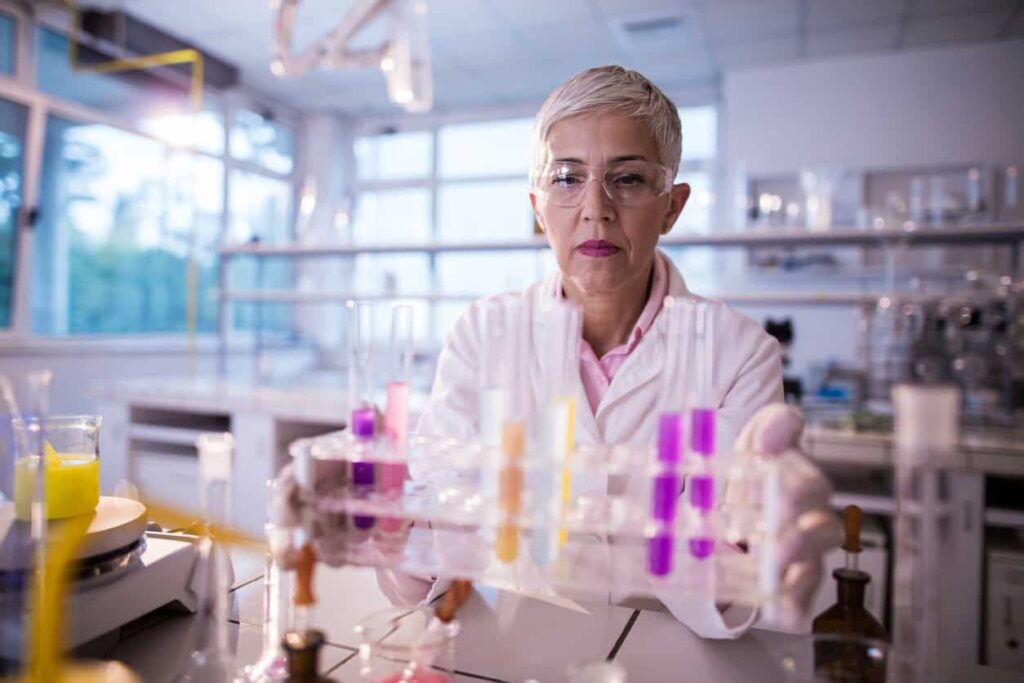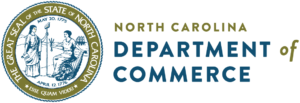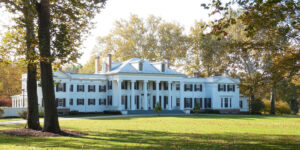European Universities Offer ‘Scientific Asylum’ to U.S. Researchers Amidst Trump’s Academic Crackdown
Amidst the Trump administration’s academic crackdown, U.S. researchers are finding refuge in European universities, which offer ‘scientific asylum.’ The attack on ‘wokeism’ by the White House administration has led to research projects involving ‘taboo topics’ like diversity and climate crisis being left out in the cold. Additionally, sweeping spending cuts have put researchers at renowned institutions such as NASA at the risk of redundancy.
The current situation in the U.S. presents a unique opportunity for Europe, as its universities are positioned to benefit from the transatlantic brain drain. These academic institutions are ready to absorb some of the top talents fleeing the U.S., ensuring their valuable research continues.
Belgium’s Vrije Universiteit Brussel has opened up 12 postdoctoral positions specifically for international researchers, with a focus on American scholars. Similarly, the Pasteur Institute in Paris is actively recruiting infectious disease researchers.
France’s Aix-Marseille University has implemented a €15m ‘safe place for science’ program. This initiative aims to fund 15 U.S. researchers specializing in climate, environment, health, and human sciences.
The Netherlands has also followed in these footsteps by announcing a similar fund aimed at attracting leading scientists across various fields. The University of York, based in the UK, is currently in its second year of welcoming persecuted researchers from around the globe through its sanctuary fund.
Yasmine Belkaid, president of the Pasteur Institute, stated, “We encourage governments to fund ambitious attractiveness and mobility schemes to attract and welcome scientists based in the United States, particularly in the life sciences – thereby supporting those who, by defending science, are protecting our societies.”
Belkaid adds, “At this troubled time, when values and ideals are threatened, Louis Pasteur’s motto ‘science belongs to humanity’, must be defended more than ever.”
Image: Éléa Ropiot, Aix-Marseille Université





